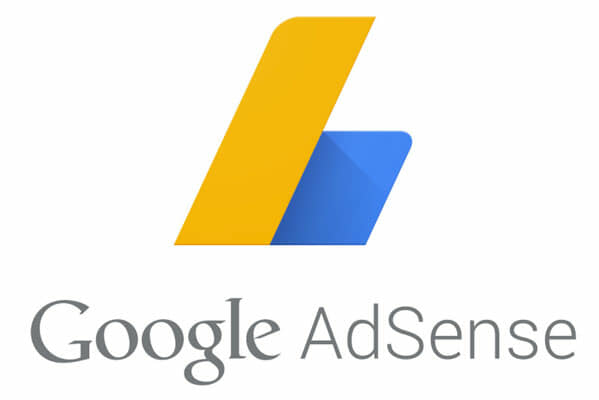 Are Viral Sites Dead?
Are Viral Sites Dead?
So I confess, I’ve been thinking about creating a viral website. OK I said it.
I mean of course a site that depends on organic sharing of its content from readers on social media sites like Facebook, Pinterest, Instagram, Twitter, Reddit, etc., rather than focusing on SEO traffic or paid traffic.
(Naturally you can pay for traffic from social media platforms, but the focus starts with people finding your content, then sharing it in a burst of enthusiasm.)
I can hear the eye-rolls among you: how can I even consider a viral site in September 2017?
Is Virality Dead?
Am I not aware that for a several reasons the model is dying and that many sites which had lots of success a couple of years ago are really struggling now?
Yeah, I’m aware.
I know the Facebook algorithm changed to favor content shared by users’ friends and family more than companies or people trying to make a buck.
I know that viral sites are dropping like flies, or if they haven’t stopped posting entirely (a surprising number or formerly successful sites have) they have a small fraction of the visitors they once did.
I know I need some kind of “pivot to video” strategy to take advantage of the way Facebook’s algo is favoring video nowadays.
I even know that one exception (so far) to the nosedives viral sites are taking is LittleThings.com, which seems to still have some traction maybe because it prioritizes content creation rather than just ‘curation’ (i.e. ‘repurposing’ or rewriting content….).
However
Knowing all this I remember something that happened around the turn of the century.
And something that happened in the past couple of weeks.
Exhibit 1: The “dot-com bubble” and bust was proclaimed by some–many?– at the time to be the logical end of irrational exuberance surrounding amazing technology.
Tech was making implications it couldn’t possibly fulfill. Falling stock prices seemed to seal the deal, to some.
But what happened? The best of those companies–even many that had huge drawdowns in their stock price, did not go out of business.
Years later–Apple and Amazon are two incredible examples–they came back stronger than ever: both the companies and their stock prices.
Exhibit 2: In the last couple of weeks Bitcoin and other cryptocurrencies have experienced gut-wrenching collapses in price for anyone holding them.
I don’t know what will happen with all the cryptocurrencies that have sprung up in the last months, but I’m pretty sure of one thing. Regardless how their current values wash out in the next months and years, the technology–cryptocurrencies and Blockchain technology–will change the world.
Just what we know we can do with them now is too compelling for both not to be a huge part of our future.
Viral SuperNova
I think that what we’ve seen with viral websites is the beginning of something bigger than any of us really understand, yet. I think it’s wrapped up with “fake news” and even Donald Trump getting elected.
I think many factors have converged and we as a society are collectively creating new ways to tell our stories, to hear stories and be entertained too, to select what is important to us, and to make money in a new economic landscape.
I think a small clue was the rapid outsized success of viral sites. I really do. A nerve was hit. Scott Delong, operating from a bedroom with a few contractors helping him, sells Viralnova for 100 million dollars.
Virality 2.0
The word is “outsized”. The scale here was what was incredible, and Facebook changing their algo doesn’t mean these sort of rapid, scalable attractors of mass attention are done yet, in my opinion.
Because virality itself is somehow just getting started, with or without the Facebook algo shoveling attention to these sites.
If information wants to be free, attention wants to be possessed. That’s still true, potentially at viral scale, even if the viral site 1.0 model is broken.
Virality is a force still waiting to be harnessed. The question is how to create a viable business model around Virality 2.0.
